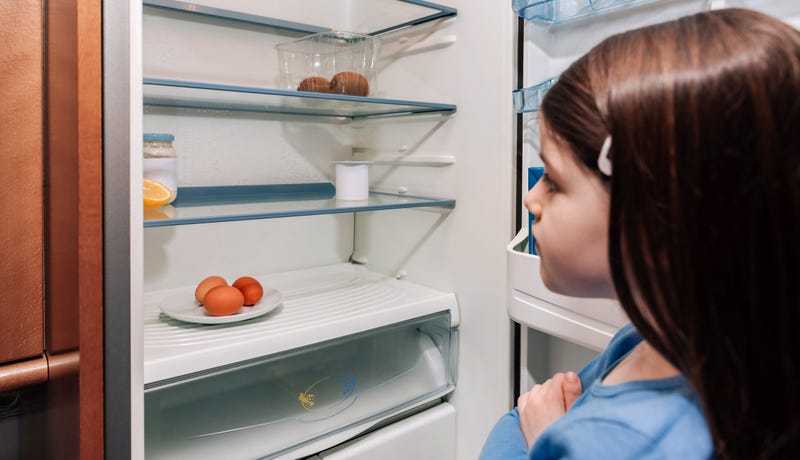
For school-age kids all across America, the summer months are supposed to be a time to relax and enjoy the break from classes and homework. But for nearly half the children in the U.S., it’s also a time of stress and discomfort.
“We know summer is the hungriest time of year,” Rachel Sabella, director of No Kid Hungry New York, told Fortune after commissioning a study on child hunger in conjunction with YouGov and HelloFresh.
The study showed that 41% of parents experience at least some difficulty meeting the extra costs of feeding their kids during the months when school breakfast and lunch is unavailable. Additionally, 44% of parents are more worried about those added costs than they were a year ago.
And 42% of parents say they skip meals themselves to make sure their kids have enough to eat.
“We know that when kids and families are missing meals, it impacts both their physical health and their mental health. Kids that start the day with school breakfast we know have higher attendance rates, they do better in school, and they have less long-term health issues,” Sabella said. “When they don’t have regular access to these meals over the summer months, it sets them back. And it can lead to that learning loss.”
Experts say summer hunger can result in behavioral, physical, and mental health issues for children and can cause what’s known as the “summer slide,” a dip in academic performance at the beginning of the new school year. The phenomenon disproportionately affects kids from low-income families.
Want to get caught up on what's happening in SoCal every weekday afternoon? Click to follow The L.A. Local wherever you get podcasts.
So what is being done to combat the problem?
“Summer EBT” is a nationwide program that provides $120 to families who qualify to help pay for the extra summer groceries needed to replace meals provided usually by schools.
The catch is that states need to opt into the program, and 14 states chose not to opt in.
Alabama, Alaska, Georgia, Florida, Idaho, Iowa, Louisiana, Mississippi, Oklahoma, South Carolina, South Dakota, Texas, Vermont and Wyoming chose not to allow their residents to participate in the program. Nebraska also initially opted out but later reversed its position.
All 14 states who declined the program’s benefits are led by Republicans. About 10 million eligible children reside in states that declined the funding, which is provided by the federal government, though administrative costs of the program are split 50/50 with participating states.
Follow KNX News 97.1 FM
Twitter | Facebook | Instagram | TikTok
